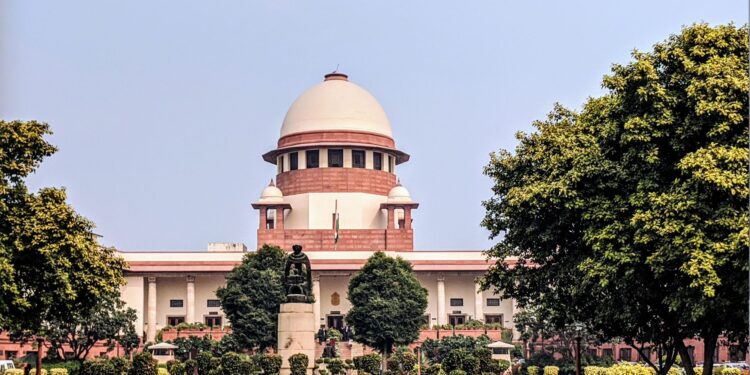On Friday, the Supreme Court emphasized that being charged with murder does not automatically warrant keeping an accused in jail without bail until the criminal trial concludes [Deepak Takhar v. State of Rajasthan]. A Division Bench consisting of Justices Abhay S Oka and Augustine George Masih made this observation while granting bail to a man accused of murder, challenging the notion that serious charges alone should determine bail decisions.
During the hearing, the State’s counsel strongly opposed the bail plea, arguing that the gravity of the murder charges justified continued detention. However, the Court disagreed, with Justice Oka stating, “It is absolutely wrong to assume that if a person is charged with murder, they must stay in jail. We need to consider other circumstances, too.” The Bench noted that the accused had been in custody for over a year and had no prior criminal record, factors which favoured granting bail.
The case stemmed from an incident in October 2023, when the accused was charged with causing a collision that led to the death of a person. The accused contended that it was a road accident being misrepresented as murder, resulting in his wrongful implication. He argued that the inquest report and witness statements supported the claim of accidental death, which was further corroborated by the post-mortem findings.
In August, the Rajasthan High Court denied his bail request, citing the seriousness of the alleged offence. Dissatisfied with this decision, the accused appealed to the Supreme Court. After considering the circumstances, the Supreme Court granted bail, acknowledging the accused’s prolonged incarceration without a criminal history as grounds for release.
Advocates Abhishek Gupta, Sumer Singh Ola, and Nikhil Kumar Singh represented the accused, while Additional Advocate General Sansriti Pathak and advocate S Udaya Kumar Sagar appeared for the State. The ruling underscored the Court’s stance that bail decisions should take into account the individual facts of each case rather than solely the nature of the charges.

















